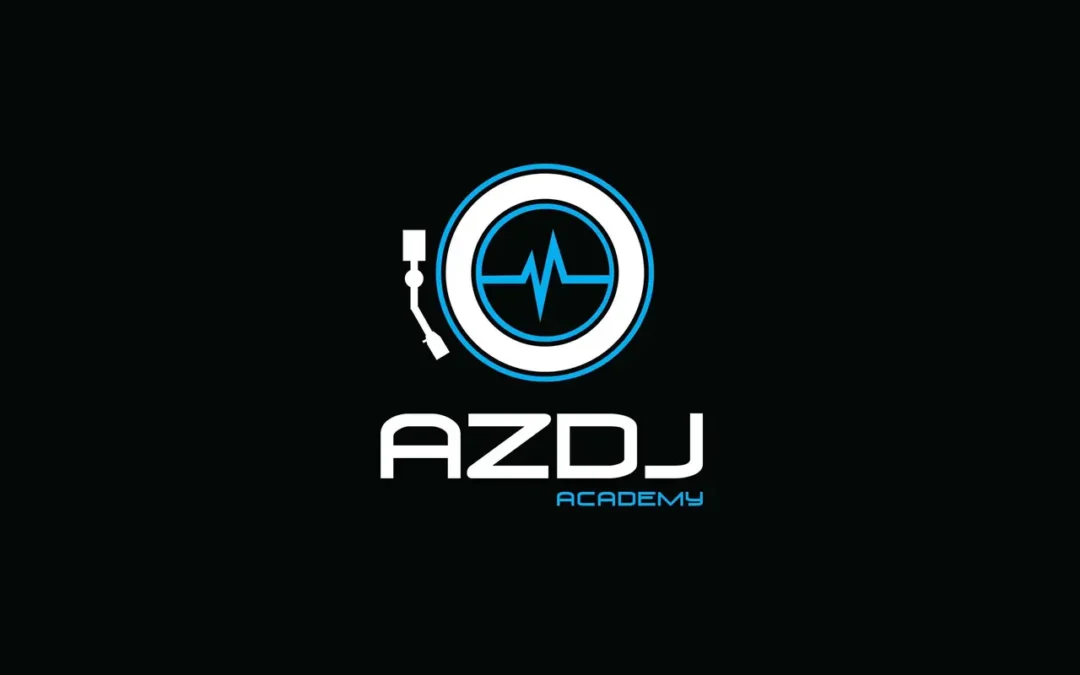DJ classes are a great way to immerse yourself in the world of music mixing and sound engineering. If you’re considering taking classes near you, you probably want to know what to expect and how these classes can enhance your skills. This blog will guide you through the essential lessons and skills you’ll learn in DJ classes.
Understanding DJ Equipment
Learn about the different types of DJ equipment you will encounter and how to use them effectively.
In DJ classes near you, instructors will introduce you to key gear, including mixers, turntables, and controllers. Understanding this equipment is crucial as each piece serves specific functions in your performance.
Moreover, you’ll get hands-on experience setting up your rig. Knowing how to correctly connect equipment will ensure smoother performances and avoid technical glitches during gigs.
You’ll also delve into software applications that complement your gear. Learning platforms like Serato and Traktor can vastly expand your creative possibilities and streamline your workflow while mixing.
Understanding these tools helps you build confidence in your abilities, making the learning process rewarding and enjoyable as you see your skills grow.
Music Theory Basics
Gain an understanding of basic music theory concepts that will enhance your mixing abilities.
In DJ classes near you, you’ll explore concepts such as beat matching, key signatures, and song structure. These foundational elements will allow you to create harmonious mixes that resonate with your audience.
Understanding song structure is vital too. Grasping the sections of a track will help you identify when to transition and how to maintain energy throughout your set, ensuring a captivating experience for listeners.
Additionally, you’ll learn about tempo and time signatures, which can greatly affect how you mix songs together. This knowledge eliminates guesswork, allowing you to seamlessly weave tracks into a cohesive performance.
Overall, the insights into music theory you’ll gain will empower your mixing creativity and differentiate you as a skilled DJ.
Mixing Techniques
Master various mixing techniques and how to blend tracks seamlessly for smooth transitions.
In your classes, you’ll practice techniques such as EQing, filtering, and looping, which are essential for creating smooth transitions. Each method has its nuances that can elevate your set from ordinary to extraordinary.
One important skill you’ll hone is beatmatching—a technique involving syncing the beats of two tracks. Although it requires practice, achieving a flawless beat match is immensely satisfying and crucial for a professional DJ.
You will also explore different types of transitions, including fade-ins and cuts, allowing you to express different moods and vibes throughout your performance. The ability to create tension and release with your mixes is an art that you’ll learn to master.
Ultimately, the mixing techniques you acquire will be essential building blocks for your identity as a DJ, equipping you with the tools to craft memorable performances.
Creative Expression
Explore how to infuse your personal style into your mixes and create a unique sound.
DJ classes near you encourage creativity and experimentation. You’ll learn how to choose tracks that resonate with your artistic identity while developing a narrative within your sets that reflects your personal taste.
Instructors will guide you in understanding how different genres influence each other and how to effectively blend them. This knowledge can lead to innovative mashups and remixes that showcase your unique sound.
You will also brainstorm and experiment with effects and samples to add your signature touch. This process fosters an atmosphere of originality that can captivate audiences.
Creative expression is not only about the music you play but how you present it. The more confident and authentic you are on stage, the more your audience will respond positively to your performance.
Performance Skills
Develop performance skills to engage with your audience and make your sets memorable.
Performing as a DJ involves more than just playing tracks; it requires engaging your audience. Through your classes, you’ll learn the art of reading the crowd, adjusting your set dynamically to groove with their energy.
You’ll also receive guidance on stage presence—how to interact with your audience, use body language effectively, and build a connection that captivates listeners. These are valuable skills that can distinguish you from other DJs.
Additionally, understanding the technical side of a performance, such as managing levels and effects while maintaining a smooth flow, will enhance the quality of your set. This practical knowledge is vital for creating an immersive experience.
Whether you’re aiming for intimate gatherings or larger venues, honing your performance skills will make your rise as a DJ not just feasible but also thrilling.
Final Thoughts
In summary, enrolling in DJ classes near you can tremendously enhance your music skills through hands-on training, professional insights, and practical experience. With dedication and practice, you’ll be well on your way to becoming a skilled DJ.

